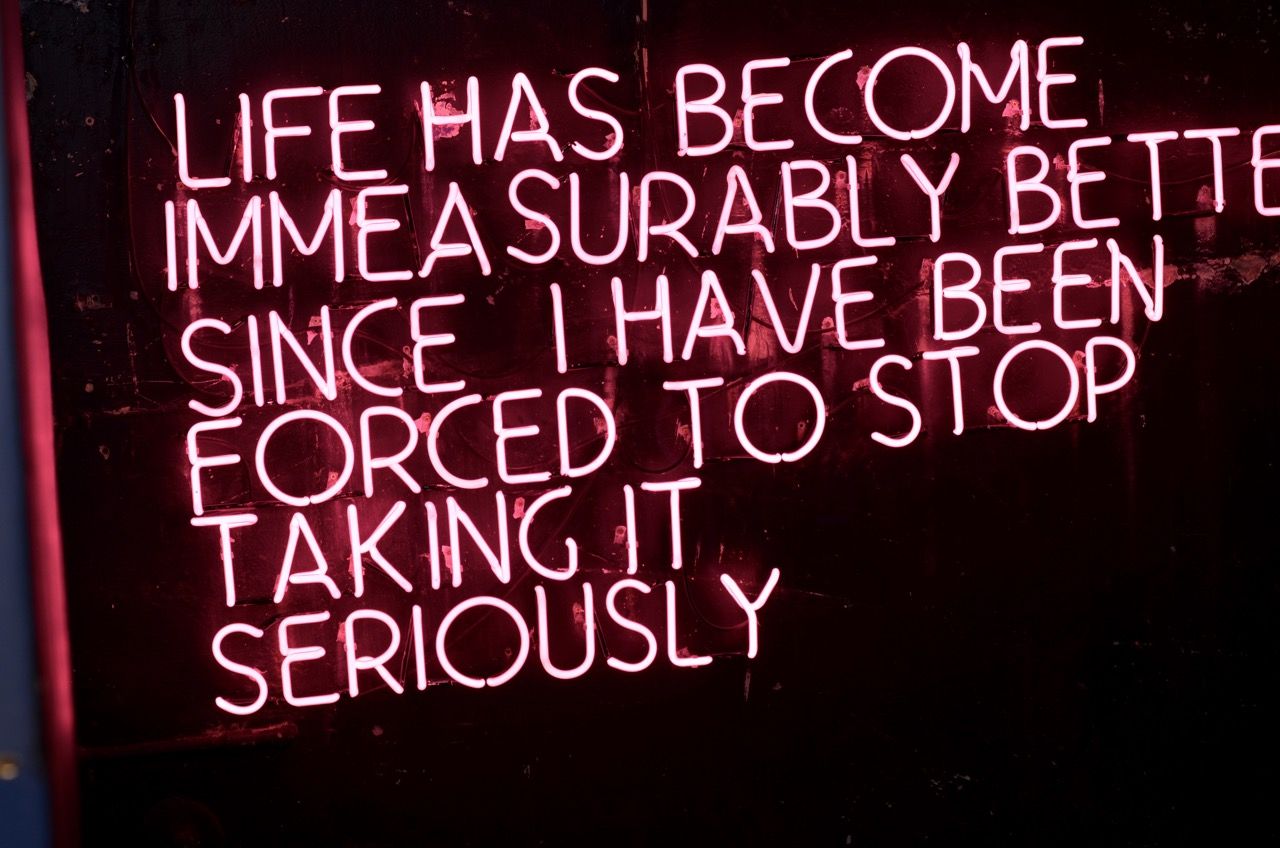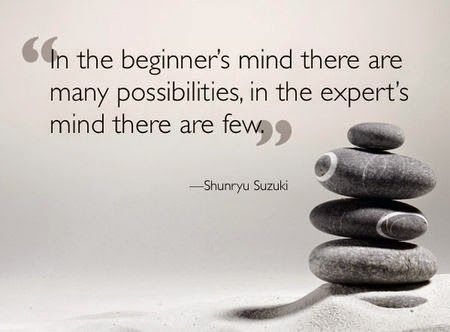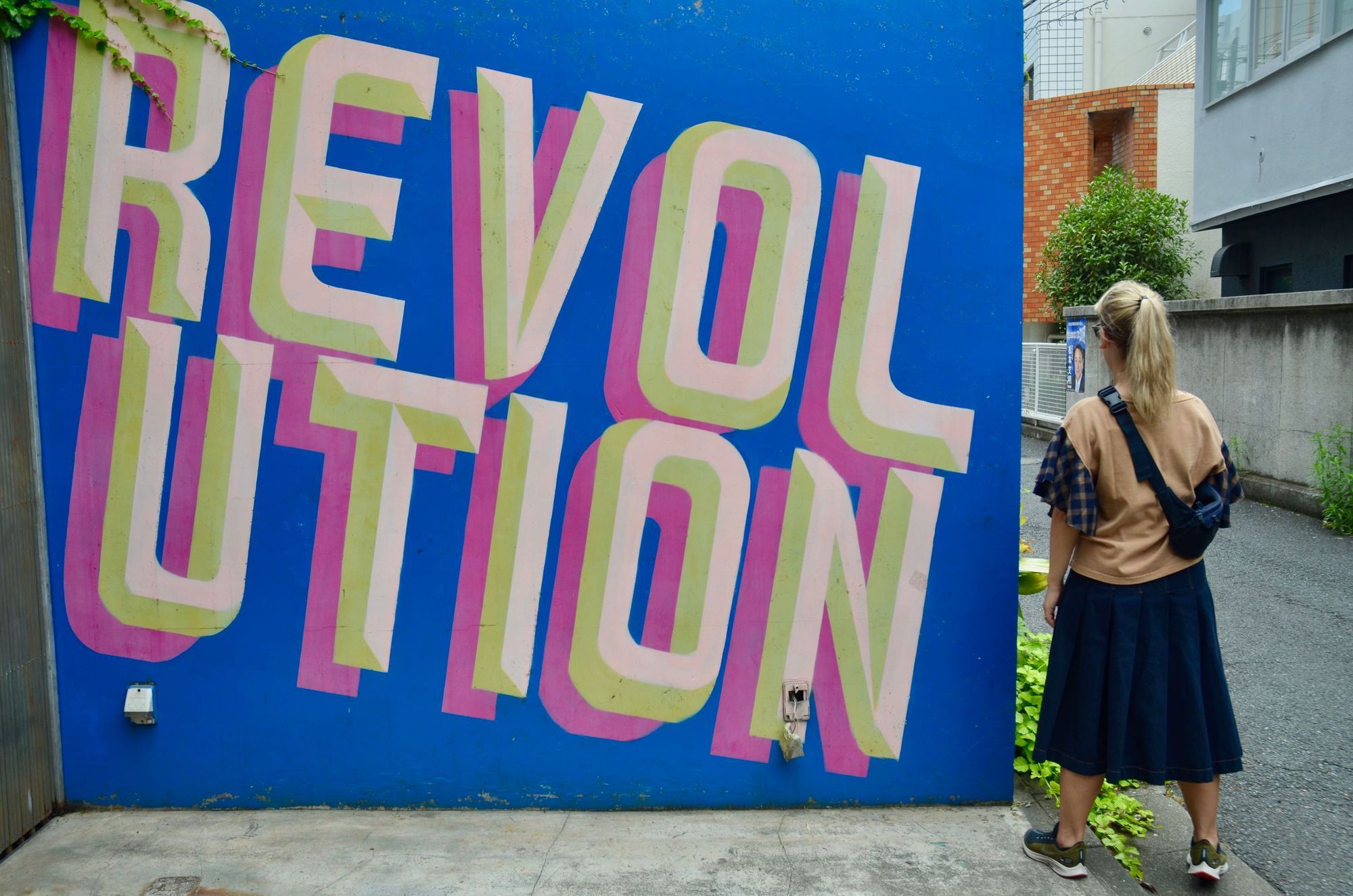7 ways to feel more positive about the future
Future shock is real, but you don’t have to be a victim. Choose to rather take action to use this time wisely and explore what this new age has to offer.

In his book, which was published in 1970, Alvin Toffler forecasted that the rate of change in the future will be so unsettling for human beings that they will experience a constant feeling of anxiety, stress and fear that will contribute to widespread social unrest and severe mental health problems.
He called this phenomenon Future Shock.
If you can suffer from disorientation in a space that you do not understand (what we call culture shock), you can also suffer from a type of disorientation related to time - a future shock - where you cannot make sense of a time reality that comes towards you too rapidly.
Symptoms of future shock
People who suffer from future shock experience symptoms of despair, general anxiety, depression, time disorientation, paranoia, and a desperate search for certainty in their lives while resisting unpleasant and uninvited change.
Sufferers have a tendency to wholeheartedly follow ideologies that may help then understand what's going on in the world better - a good example is the steep rise in popularity of QAnon conspiracy theories.
We are future shocked
If we look holistically at the world today, it does certainly seem that millions of people are living in a state of future shock.
Unfortunately this future shock syndrome [FSS] is a medically unrecognised mental issue for which there is no official diagnosis or cure.
Unprecedented technological change has made the world in 2020 look nothing like it did just 10 years ago. We exist in a ruthlessly judgemental, fast-paced, globally competitive, ‘always on’ reality.
Political turmoil dictates every news headline, we’re dealing with a global virus that nobody seems to have a handle on, economic recession is threatening the livelihoods of millions and climate change is forecast to end the very existence of our planet.
Things are happening fast. What you thought was true, and safe, and dependable yesterday - is no longer today.
If this sounds familiar there isn’t anything particularly wrong with you - you’re just struggling to deal with the speed of change that surrounds you.
As a futurist - I study change and take a keen interest in how that change unfolds over time; spending a lot of time thinking about this and trying to model it successfully is what I do, but I am also well aware that change is extremely unsettling for many.
What I have become increasingly interested in is how people respond to change and how they perceive change to affect them.
It’s an important thing to understand because change and the rate at which it occurs isn’t going to slow down, it's inevitable then that a lot of people are going to feel increasingly bewildered as we journey on into this uncertain future.
This has serious ramifications for society, so surely methods to cope with this change should then form an important part of any credible futurist’s field of enquiry and toolbox?
Drawing from my own experience of coaching teams and consulting to organisations on the future, here are my 7 suggestions that may help you deal with change better and allow you to feel more positive about the future:
#1 Actively work on your mindset

Your mindset is the set of beliefs, assumptions, stories, theories and ideas that continuously interpret the world around you. Most of the time your mindset is created unconsciously. It is as a result of how you choose to see things, but your mindset may not be serving you in the best way possible under conditions of radical change.
A powerful way to change this is to choose to develop the self-awareness required to actively question your worldviews.
If you feel that ‘how you think’ is a major barrier to you realising your full potential, then it is time to reassess and challenge your beliefs.
Critical thinking is the secret weapon here; the active process of not just taking things on face value, but putting in the time and effort to research information further for yourself; to purposefully interrogate your thinking.
Developing creativity, curiosity and purposefully seeking out alternative points of view are also excellent ways to enhance your ability to broaden your perspective and give your default mindset more resilience in the face of change.
Make friends with people who are different from yourself, travel to places that look very different from where you live, challenge yourself to experiencing new things everyday.
Research conducted by William Maddux and Adam Galinsky indicates that foreign travel can significantly increase levels of trust in individuals and reduce incidences of culture shock. A similar approach, it can be argued, is also appropriate when trying to combat FSS.
It takes a lot of effort to actively work on your mindset, but the era of fake news means that information has now effectively been weaponised. Modern media is meant to make you feel more in shock - to get a reaction out of you, to affect your mindset.
Take back control of yourself and your mind.
#2 Focus on what you can control

It is important to be aware of what is happening in the world, but it is also useful to keep in mind that almost everything is out of your direct control.
When you are feeling overwhelmed by change, bring your attention back to those aspects of your life that you can direct - and focus your attention just on those aspects.
Refrain from resisting against the forces of change that affect us all; rather get into the habit of developing a resilience to this ebb and flow by detaching mentally from it and keep your attention to what’s in front of you.
Feeling rage at what some politician said about farmers, or letting yourself get completely frustrated that the oceans near Fukushima, Japan will never again be fit for life because toxic radioactive substances were allowed leak into the sea, is a choice; your choice.
With so much information being force-fed to you 24/7 - this is an important choice to make. Pick you battles and let go of the rest.
#3 Meditate

Calm your mind by practicing mindfulness and mediation. Spend time in nature; go away from the city for a weekend, walk on the beach...in a forest.
Actively take steps to reduce the amount of noise in your head by not simply trying to ignore it, but by stepping back from it and seeing it as nothing more than what it is - noise.
There is very little risk that you will suffer from under-stimulation of the mind in 2020, but a real danger that you might overfill it without realising it.
#4 Calm your environment

I stopped watching the news on television a long time ago, along with all sport and financial programming. I limit the number of times I check social media and email throughout the day and keep my phone on silent at all times.
I watch what I read and am strict with what I choose to watch on Netflix and Youtube. Don't wait for the end of the year to put yourself on an 'information input' diet. Rather select times of the day when you do allow yourself to do research and get on the Internet.
#5 Forecast for yourself

The future is not predetermined, there are many different ways that something happening today might unfold in the future. It is useful to spend time thinking through all of the routes that something that is on your mind today, might go in time.
As a simple exercise - take an issue, or an opportunity, that you are uncertain as to what the future holds for it...and you.
Now think about what you perceive the probable future of it to be.
Next, consider the many possible futures that could also be true; and lastly, think about what your preferable future looks like.
Developing your ability to forecast multiple futures will help make better sense of the future being a place of possibility rather than inevitability.
This is not about predicting the future, rather it’s about considering the possible future consequences of events happening right now and familiarizing yourself with all of the futures that are available.
#6 Develop a 'beginner's mind'

The best way to prove to yourself just how ignorant you are - is to study. Realising that you don't actually know all that much about the things that you fear eliminate the need for your mind to automatically fill in the missing blanks with your suspicions.
If you are feeling threatened by technology, take a short online course on it to try and understand it better. If you’re worried that artificial intelligence will one day take your job, sign up for a Udemy or Coursera course on AI to get a better understanding of it, and what it can really do.
‘Better the devil you know’ is an apt saying in this instance and empowering yourself with knowledge and understanding is a good way of shining a spotlight on your fears and decreasing the power they have over you.
#7 Take small, future-orientated, steps everyday

Do something small today that you will benefit from in the future.
Leave the 'moonshots' and the big disrupting ideas to the Elon Musks of this world and just pay attention to the simple steps that you can take today that will put you in a better place tomorrow.
Plant a tree, set up an online coffee chat with somebody that you’d like to meet, brainstorm three holidays that you’d like to take in the future. Consciously consider taking simple steps into the future.
Over time you'll master the art of imaging a better future and then committing to walking towards it one step at at time.
The world is currently undergoing a revolution.
We are all living through the transition into the digital age and like all great societal changes before it, this period of radical change will go hand-in-hand with conflict, resistance and turmoil.
Those that hold onto the past during times of change that is out of their control will be left powerless and mentally exhausted.
Future shock is real, but you don’t have to be a victim. Choose to rather take action to use this time wisely and explore what this new age has to offer.

